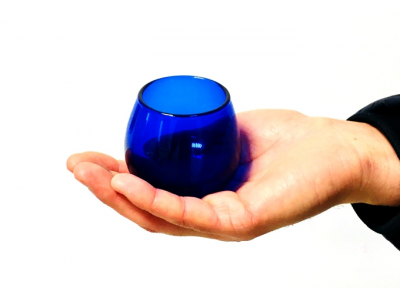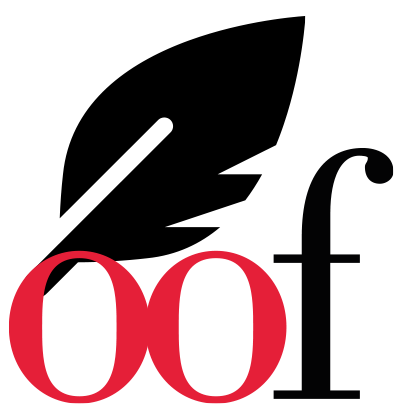Benefits of Accending for consumer countries
Standardisation and research. The Agreement is not only for producer countries; many of its articles also consider consumer countries and the things the Ioc can do for them

The Ioc aims for the following goals that can benefit the consumer: to seek uniformity in national and international legislation relating to the physico-chemical and organoleptic characteristics of olive products in order to prevent barriers to trade. To conduct activities related to physico-chemical and organoleptic analysis in order to add to the knowledge of the composition and quality characteristics of olive products, with a view to consolidating international standards and ensuring: • Product quality improvement; • International trade and its development; • Protection of consumer rights; • Prevention of fraudulent and misleading practices and adulteration.
To strengthen the role of the Ioc as a forum of excellence for the international scientific community in the area of olives and olive oil; To coordinate studies and research on the nutritional qualities and other intrinsic properties of olive oil and table olives; To facilitate the exchange of information on international trade flows.
Olive oil chemistry and standardisation are two very important features of the Ioc. The Executive Secretariat works in close partnership with chemistry experts from leading research centres, universities and government departments to draw up and improve testing methods to determine the quality parameters of olive oils and table olives and to set limits in the Ioc trade standard. To give an idea of the sheer scope of its chemistry activities, the Executive Secretariat currently works with numerous separate working groups, commissions and ad hoc groups on a wide range of topics, including the sensory analysis of virgin olive oil and table olives, contaminant residues, the characteristics of oil-olives, the nutritional composition of table olives and varietal identification.
In addition, the Executive Secretariat runs two internationally acclaimed laboratory proficiency schemes, one for physico–chemical analysis laboratories and the other for sensory testing laboratories. In the first case, laboratories are required to demonstrate their competence in applying the testing methods outlined in the Ioc trade standard. In the second, laboratories prove they are proficient in applying the method that was developed by the Ioc for the organoleptic assessment of virgin olive oil.
The Secretariat also runs the Mario Solinas Quality Award, a yearly international quality award for extra virgin olive oils which draws entries from countries all over the world.
Other feature is coordinating the quality control programme for olive oils and olive-pomace oils sold on import markets. This is a voluntary monitoring agreement co-brokered by the Ioc and importer/exporter associations to control the quality of the olive oils and olive pomace oils sold on import markets, which is designed to safeguard the quality image of olive oil and to prevent fraud.
The Ioc is aware that one of the major reasons behind the growing demand of olive oil is the health benefits associated with the consumption. Olive oil forms a unique and a tasty alternative to conventional edible oils.
Finally, as the Ioc is considered to be the benchmark institution for olive oils and table olives, the Council cooperates closely with other international institutions and standards-related agencies such as the Codex Alimentarius Commission and the International Organisation for Standardisation (Iso).
According to the Agreement, the Council of Members may make provisions to apply the international quality guarantee label, assuring a product’s compliance with the international standards of the Ioc.
To comment you have to register
If you're already registered you can click here to access your account
or click here to create a new account


Comment this news